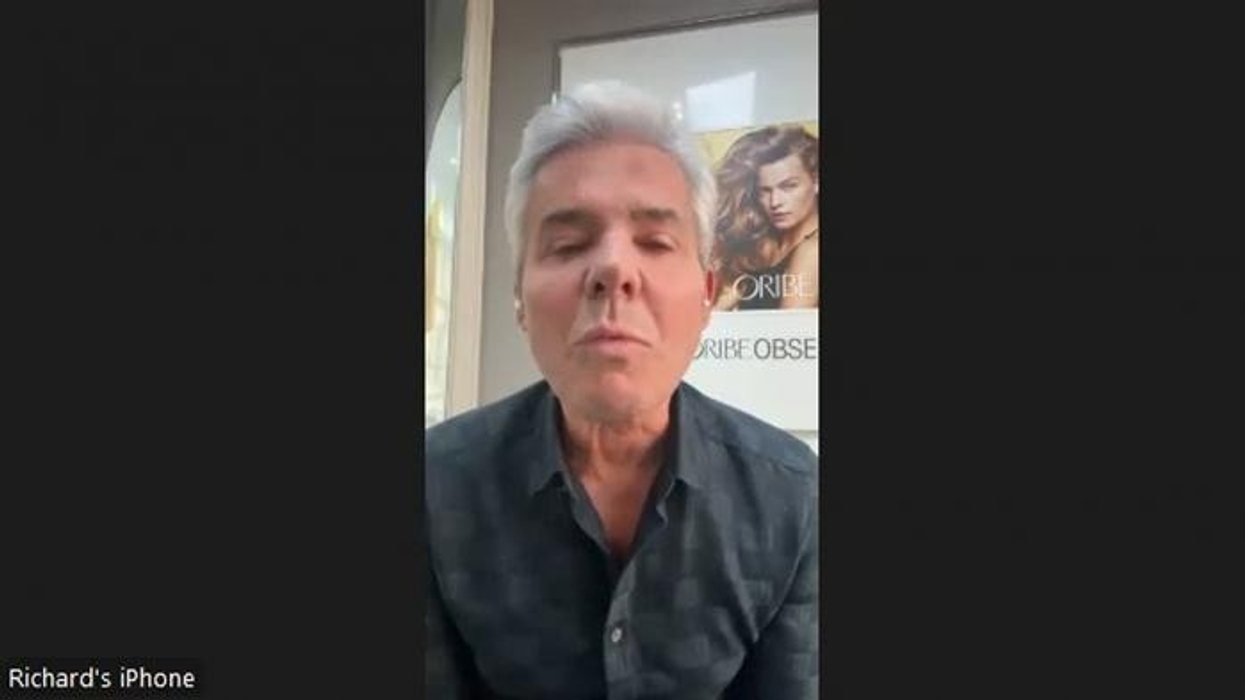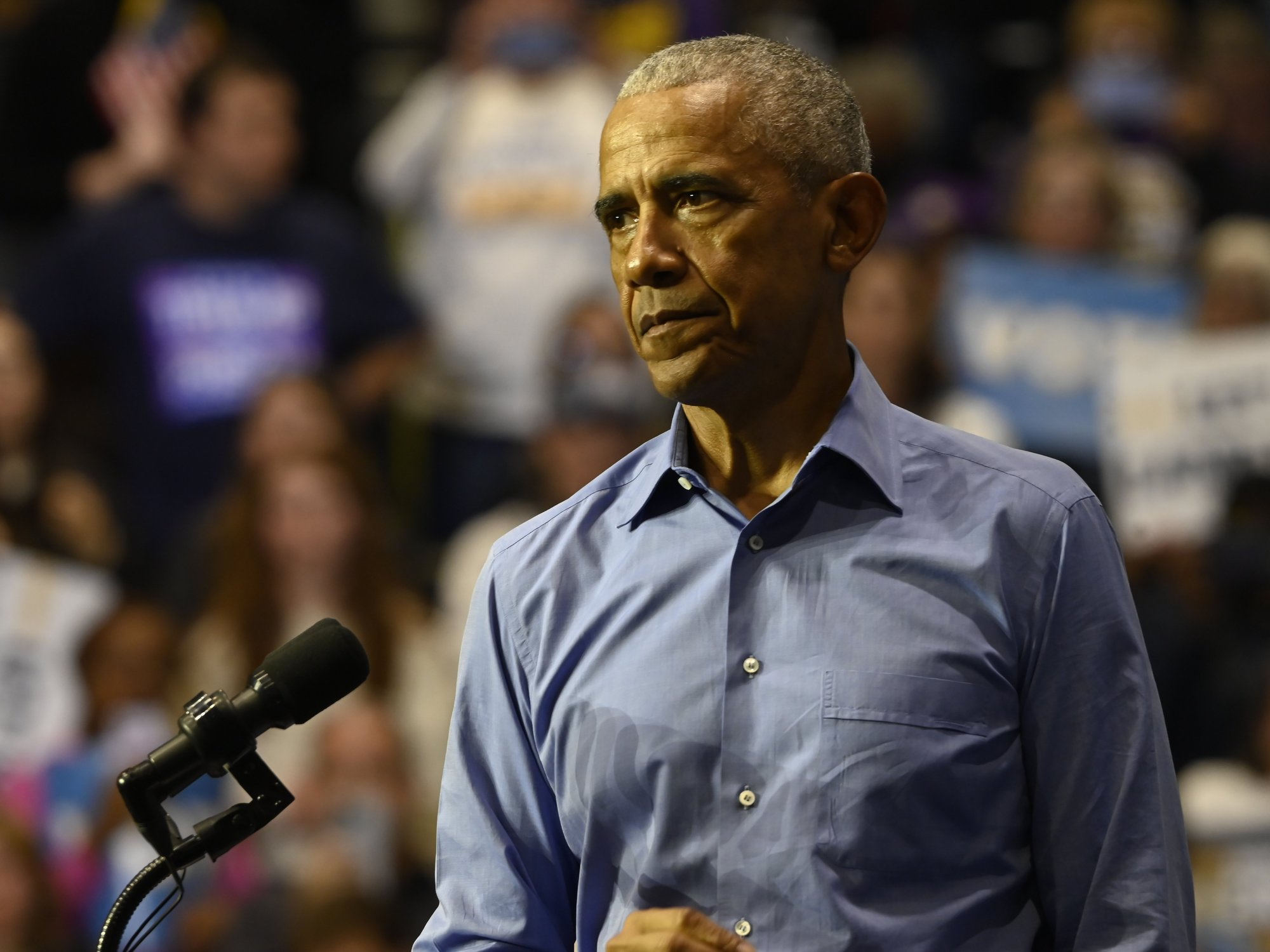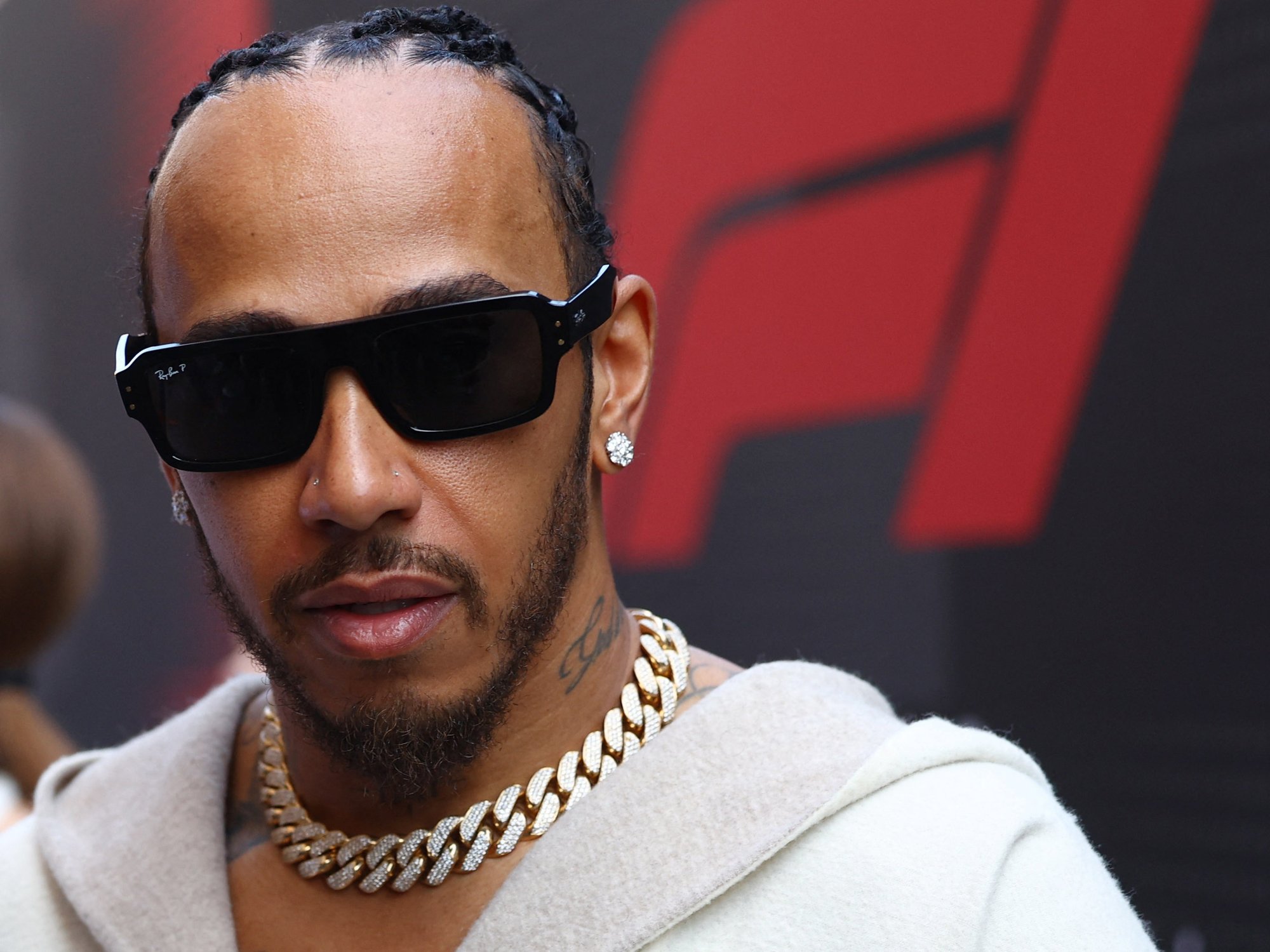Elevated hair loss risk tied to drink loved by millions of Britons - but vitamin D shown to help

The elevated risk may stem from high caffeine levels in these beverages, scientists have warned
Don't Miss
Most Read
Latest
Frequent consumption of fizzy beverages and sodas may significantly elevate the likelihood of experiencing hair loss, scientists have warned.
The investigation, led by Portuguese researchers, examined the relationship between dietary habits and hair health outcomes across multiple research papers, highlighting the critical influence nutritional choices have on hair health.
Published in the Nutrition and Health journal, the findings suggest nutrition could determine both hair condition and retention.
**ARE YOU READING THIS ON OUR APP? DOWNLOAD NOW FOR THE BEST GB NEWS EXPERIENCE**
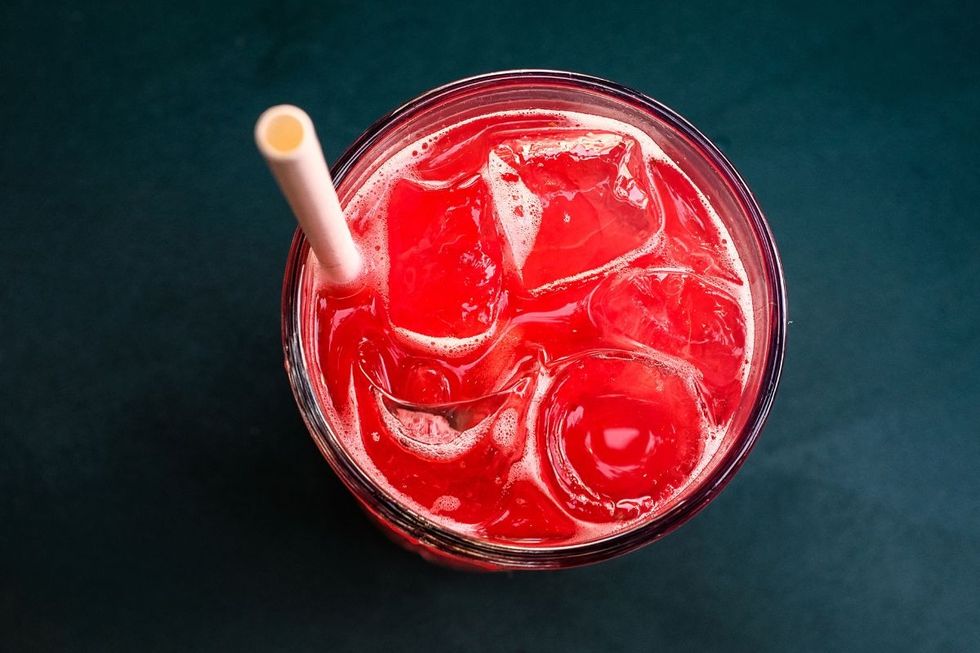
The risk may stem from high caffeine levels in these beverages
|GETTY
However, the scientists noted that their analysis does not establish a direct causal relationship between carbonated drinks and baldness, indicating that additional research is necessary to determine the precise mechanisms involved.
Their research demonstrated that sugary beverages have detrimental effects on multiple aspects of hair health, including density, growth patterns, thickness, and overall shine.
Men who consumed more than 3,500ml of these drinks weekly - equivalent to approximately eleven cans - showed increased susceptibility to hair loss conditions.
What's more, one particular study within the analysis highlighted that male consumers were disproportionately affected by this correlation.
The volume threshold of eleven weekly cans emerged as a significant risk factor for developing hair loss symptoms.
The Portuguese team's comprehensive review identified consistent patterns across the examined studies, showing that carbonated drink consumption negatively influenced various hair quality indicators in affected individuals.
Previous research has corroborated these findings, with Chinese scientists in 2023 discovering that young men consuming sweet beverages seven times weekly faced more than triple the risk of hair loss compared to non-consumers, reinforcing the connection between regular sugary drink intake and male pattern baldness.
The elevated risk may stem from high caffeine levels in these beverages, which can boost cortisol production - the body's primary stress hormone.
LATEST DEVELOPMENTS
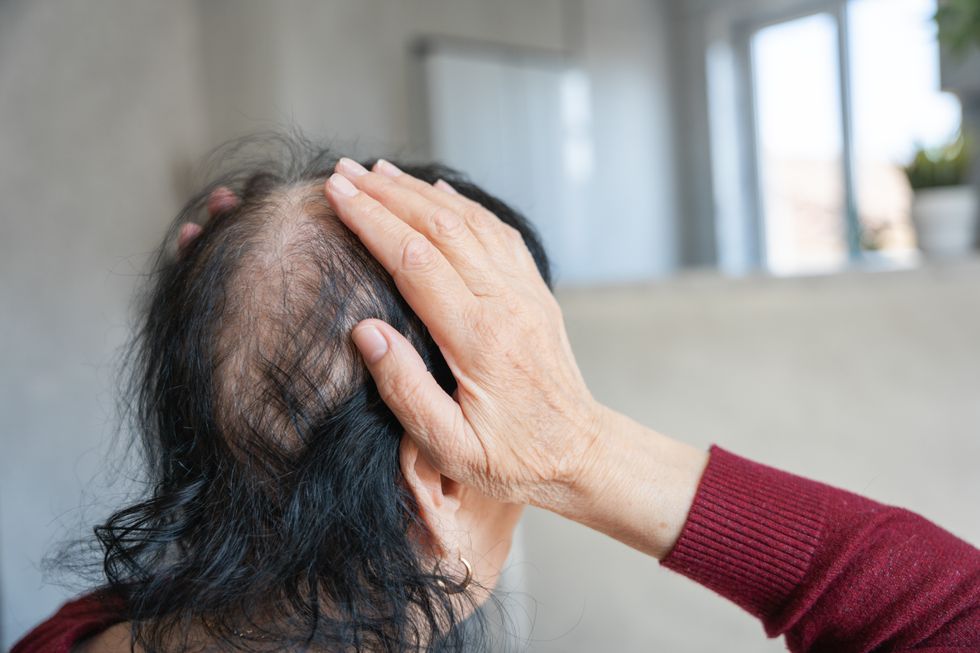
Excessive sugar consumption has been linked to compromised blood circulation
|GETTY
Additionally, excessive sugar consumption has been linked to compromised blood circulation and inflammatory responses, both of which can weaken hair follicles and accelerate hair loss processes.
The Portuguese researchers discovered that maintaining adequate vitamin D levels could serve as a protective measure against alopecia, including both the genetic variant known as androgenetic alopecia and alopecia areata. Their analysis suggested that vitamin D supplementation, alongside iron supplementation, may provide beneficial effects for hair health.
The scientists recommended limiting alcohol and soft drink consumption while ensuring proper vitamin D intake.
Writing in their published findings, the research team stated: 'Diet and nutrition play a crucial role in hair health. In particular, vitamin D and iron supplementation, while limiting alcohol and soft drinks, may be beneficial.'
Despite these promising indicators, the researchers stressed that further investigation remains essential to establish definitive causal relationships.


